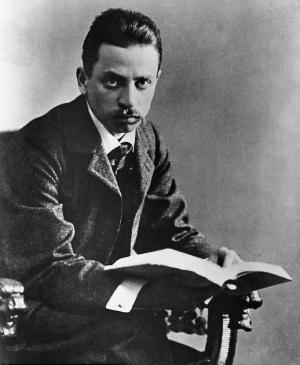
So it's almost midnight and I find myself balanced on the precipice of 2010 held together in hope for a new year. This year has been incredibly stretching and at times exhausting, but I know it's all for future holiness. I am leaving 2009 healthy, simpler, and more compassionate.
Tonight I stuck with my recent trend of spending time with the family. I read Dostoevsky's Brothers Karamazov in my new black slippers while drinking French Pressed Tanzanian coffee. After Mass and Vitale's pizza (God Bless Augustino, all his Sicilian siblings, and their ridiculously good pizza) my brother went off to his friend's house, and Mom, Dad, and I went downstairs to eat chocolate pudding in fancy glasses and watch "Up." I just about cried . . . 3 times . . . in the first 5 minutes.
Carl (the old guy) gives me, someone caught up in the demands of scholarly expectations, so much hope that rejuvenation is my vocation. Being young, no matter how old I am, is my New Year's resolution. Not to be ignorant or naïve, but to be hopeful and imaginative. I pray to see my God not in the theology books under my nose, but amongst the stars, in my fellow human beings, and his moving in nature. So often we shut of our senses assuming that we have enough experience to make our own decisions, but kids don't. They're porous persons who open their senses to world where its expected that they be in awe. When did we decide that it was unadult or not mature to be in awe?
(Ball Drop happened, I tinked a Two Hearted Ale with my mom and dad)
Jim Carrey is on Conan right now. He was my comedic hero as I was growing up. There were so many times when I used his jokes, his voices, his movements, etc. He inspired my sense of humor for so long, that youth and Jim Carrey are not far off to me. There were times when I would make jokes that no one laughed at, but I didn't care, because I bet Jim would've laughed. Besides you can always fall on your face in front of your friends. That was the comedic equivalent to "sing like no one is listening, dance like no one is watching, etc."and it kept me open. It kept me talking. It kept me listening. It kept me in this great conversation, or rather joke, that was going on between me and everyone else; me and God.
What if we went into this year thinking it's going to be a comedy rather than a tragedy? We might be doing something right.
Tübingen Wörter:
Wort: die Heiligkeit: Holiness
Verb: leuchten (leuchtete, geleuchtet): To shine





